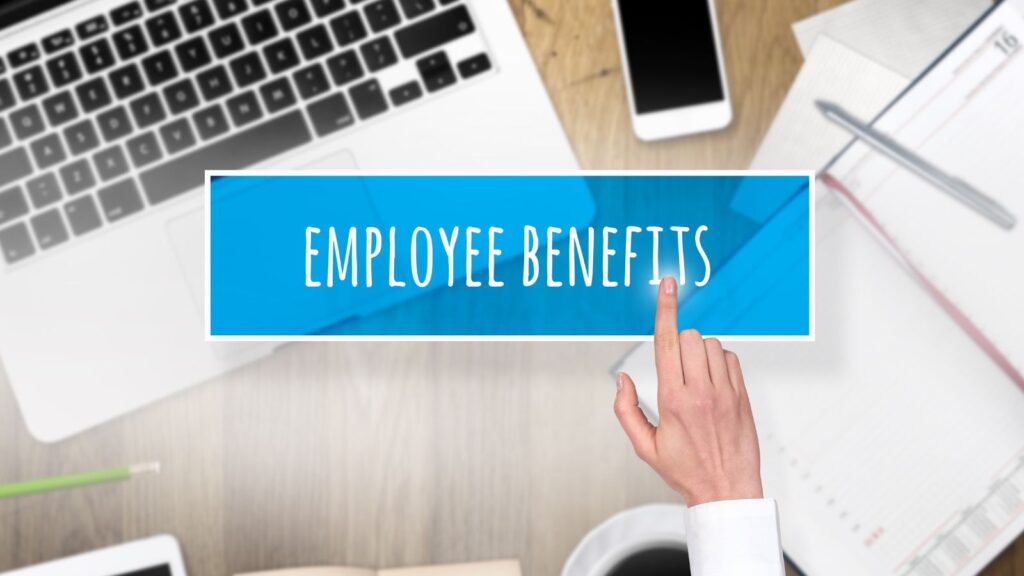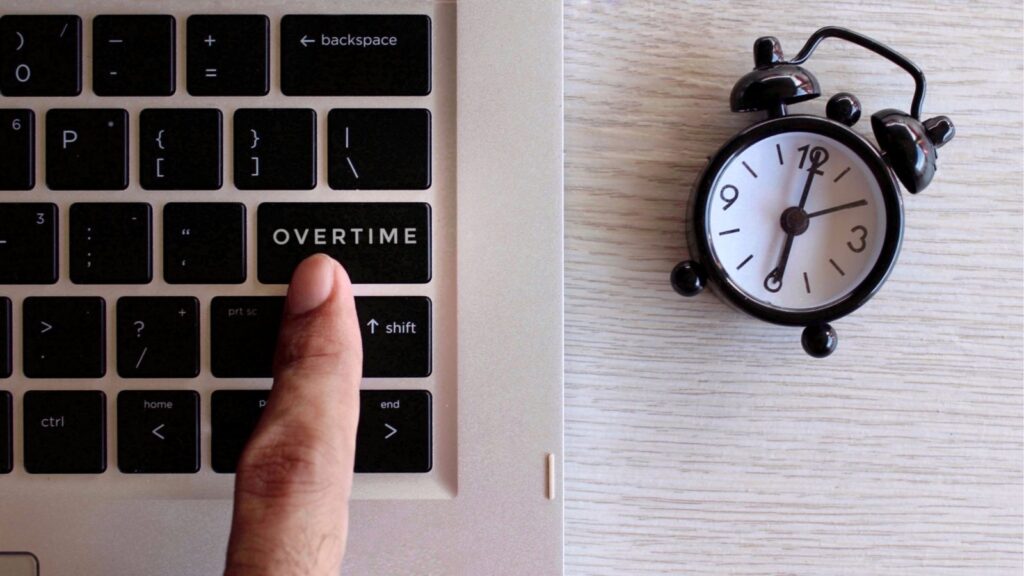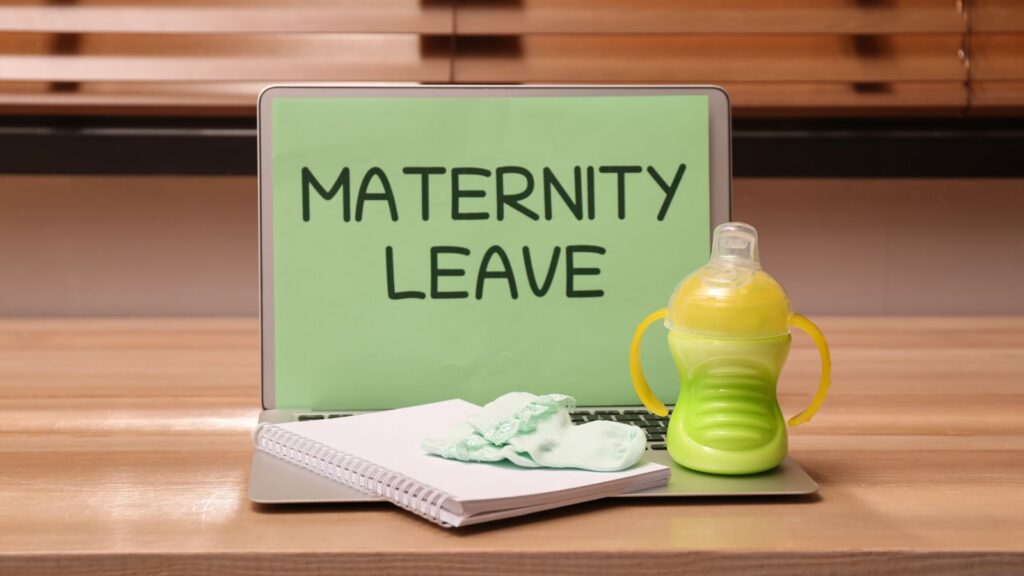With the introduction of AI and automation into nearly every aspect of the workforce, many are finding gainful employment difficult to attain. Getting your foot in the door is hard enough, but once in, one wrong move can have you quickly on the outs. The only way to make yourself stand out in a competitive job market is to ace an interview. If you want to ace your time to shine, stay away from these questions. They can ruin your chances of hearing “You’re hired.”
How Much is the Salary?

It isn’t that you are a beggar and you can’t be a chooser. You should wait to choose, however, until you are offered the position. When you ask about the salary, you shift the focus from your skills to what is in it for you. You must show the interviewer that you have a passion for the position. When you ask right out the gate about money, it makes it sound less than enthusiastic about the position and more so about the money aspect of it.
What Benefits are Included?

Again, asking about what’s included in the position is a question to inquire after you are offered the job. When you ask about what perks come with a job, it appears that your primary interest. Not that is in what the job has to offer you. The interview is the part of the process where you are trying to let the employer know what you have to offer, not the other way around.
What’s Involved in the Job?

When you show up for an interview, being prepared is essential. By asking what the job entails, you are admitting that you don’t know all that you should. An interview is similar to a first date, and the employer wants to know that you are invested. If you don't take the time to research a position, then that might indicate your interest was just a whim.
What Does the Company Do?

Before you go to an interview, it is important to know who is interviewing you and what the company does. Employers are looking for talented individuals, but only those who are an excellent fit. Part of being an excellent fit is knowing what you are going to be doing for the organization. If you don’t even know what the company does, that shows you aren’t really interested in the company’s job. That shows you just want a job.
Do You Have Any Other Jobs?

An employer wants to hear in an interview that you are interested in a particular position, not just any job. They also want to know that you are the right person for the current job. If you are okay asking about any job they have that takes away a specialty for the current role.
How Quickly Will I Advance?

When you start a new position, you have to pay your dues. During an interview, it is important to show that you are a team player. It is also critical to show that you are willing to put the time in to advance. If you are already discussing what is next, it shows that you think you deserve. Promotions are a discussion for review after you are hired, not during the interview process.
Can This Position Be Remote?

Jobs are designed the way that an employer wants them to and how they think they work best. Although remote working has become more popular, if a position is not posted as remote, then it isn’t. A company might be receptive to a different working arrangement. It is best, however, to get in the door first and then figure out when and if you are hired.
Are You Going to Check References?

When you ask if they are going to check your references, it can sound like you have something to hide. When you worry about someone following up with former employers, it might set off the interviewer’s alarm bells that your past might not be completely above board.
Will You Be Doing a Background Check?

When you ask about how much self-disclosure you have to provide, it can make the interviewer think that you are worried about what they might find. When an employee is worried about things like references and background checks, that can make the interviewer view you as shifty and dishonest. They are going to do a background if they want; your asking isn’t going to change it.
Is This a Good Place to Work?

An interview is about finding out if an employee will fit into an organization. If you are asking if it is a “good” place to work, it can sound like you care more about the environment than the position. It is more important to discuss how well you are going to build and grow in it.
How Flexible is the Dress Code?

During an interview, it isn’t really time to talk about how flexible a company is going to be. An interviewer wants to know how serious you are about a particular position. If you are asking right at the start how much a company is willing to bend for your preferences, that doesn’t show a great commitment to the team. Try to refrain from asking about policies that shouldn’t be an issue until you are in the door.
When Can I Start?

When you make presumptions about getting the job, it can come across as arrogant. Interviewers often have to go through many channels and have more than just one person they are interviewing for a position. It is best to perhaps ask about the interview process. Save questions like “When do I start,” until later. Otherwise, you can risk looking as if you have landed the job just by showing up.
Is Overtime Required?

Unless there is a discussion about regular working hours and your responsibilities, it is best not to inquire about specifics like overtime until faced with the job position. Although it is reasonable to worry about overtime and night hours, that is a discussion that you have once the job is actually offered to you.
What Type of Maternity Leave do you Give

Both men and women inquiring about pregnancy leave send up red flags to many employers. For some companies, the interview process can be difficult, long, and expensive. When they hire someone, the goal is that the employee grows and advances with the company. An applicant who is inquiring about maternity or family leave sends a signal that they might want to exercise their right to the company policy, and that would leave the company in the same position they started in.
Do You Have Other People You are Interviewing?

If you are going through the interview process, there is a great likelihood that other interviewees are being looked at. If you ask about the other applicants, it shows an insecure side of yourself. It is best to just assume that there are other people in the running and tell the interviewer your strengths. You have to have faith that if you are the right person, you will get the job, regardless of who else is in the running.
Do I Get Religious Holidays Off?

Religion is important to many people in their lives, but the interview process is no place to worry about whether a company respects religious holidays. Companies like to stay away from any situation that could potentially harm them, and asking specifically about their policies before receiving the job sends up a red flag.
Asking the Interviewer About Their Personal Life

The interview is a time to decide whether the applicant is a match for the company, not a time to get to know the interviewer on a personal level. Unless the door is opened by the interviewer and a connection is made personally, try to focus only on work and position-related questions.
Focus on the Right Fit

A job interview is a time when you find out if you are a match for a position or job. If you are overzealous, already asking for flexibility, or appear to have something in your background to hide, then that can send up red flags. Keep it surface, and don’t ask too much about a position until you know that it is a possibility for you. Stick to your skills and what you have to offer, and hopefully, the rest will come later.
30 Traditional Sayings That Are Now Considered Offensive by Woke Culture

30 Traditional Sayings That Are Now Considered Offensive by Woke Culture
21 Habits Often Associated With Having a Lower Social Status

21 Habits Often Associated With Having a Lower Social Status
25 Social Issues Gen Z are Determined to Cancel

